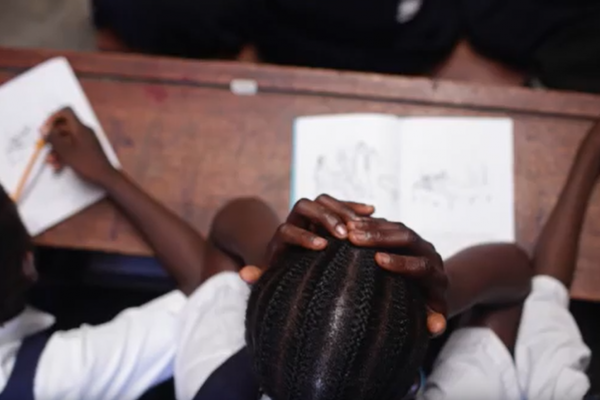Oct 17, 2018
Unprotected, a report and documentary by Finlay Young and Kathleen Flynn, recently resurfaced a story about the charity organization, which was built from a young woman’s crusade to lift girls from poverty and change the education system in Liberia. Within a year of the first school building opening, sexual abuse allegations emerged.
Read the Full Article

Already a subscriber? Login
